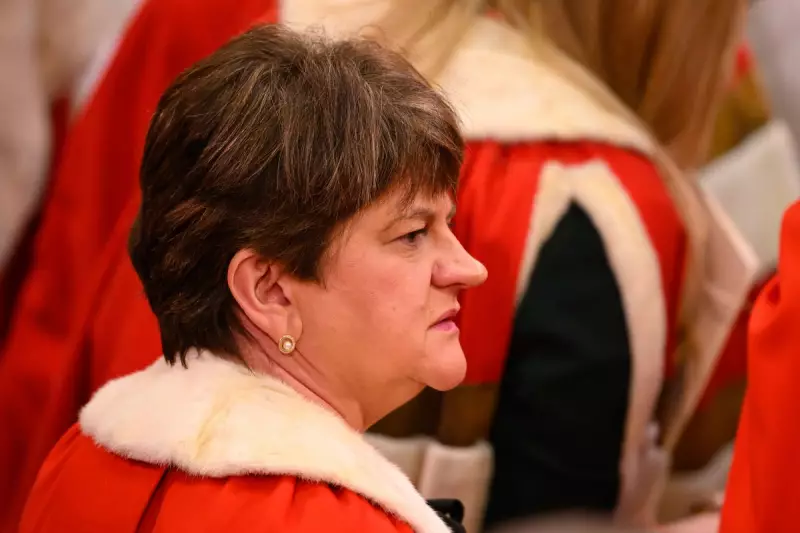
In a powerful intervention, former First Minister Arlene Foster has launched a blistering attack on Westminster's handling of Northern Ireland's political crisis, demanding urgent action to restore power-sharing at Stormont.
The ex-DUP leader, writing in her Daily Express column, condemned the current political vacuum as "damaging and unsustainable," warning that civil servants lack the democratic mandate to make crucial decisions affecting public services.
Governance by Decree
Mrs Foster expressed particular concern about the Northern Ireland Secretary's growing tendency to impose budgets and make key decisions by decree, describing this approach as fundamentally undemocratic. She argued that this creates a dangerous precedent where important financial matters are determined without local accountability or scrutiny.
"The people of Northern Ireland are being left behind," she declared, highlighting how the absence of functioning devolved institutions is directly impacting healthcare, education and infrastructure projects across the province.
DUP's Protocol Stance
The political deadlock stems from the Democratic Unionist Party's ongoing boycott of the Stormont Assembly in protest against post-Brexit trading arrangements. The party has refused to participate in government since February 2022, despite Sinn Féin emerging as the largest party in the last election.
Mrs Foster, who left the DUP in 2021, stopped short of directly criticising her former party's strategy but emphasised that "the current situation cannot continue indefinitely." Her comments come amid growing frustration among business leaders and community groups who bear the brunt of the political impasse.
Westminster's Responsibility
The former First Minister placed ultimate responsibility for resolving the crisis at Westminster's door, urging the UK government to take more decisive action to break the deadlock. She warned that continued inaction risks further alienating the people of Northern Ireland from their political institutions.
With public services facing increasing strain and key policy decisions remaining in limbo, Foster's intervention adds significant weight to calls for a breakthrough in negotiations. Many now wonder whether her words will prompt renewed efforts to restore the power-sharing executive that has defined Northern Irish politics since the Good Friday Agreement.





